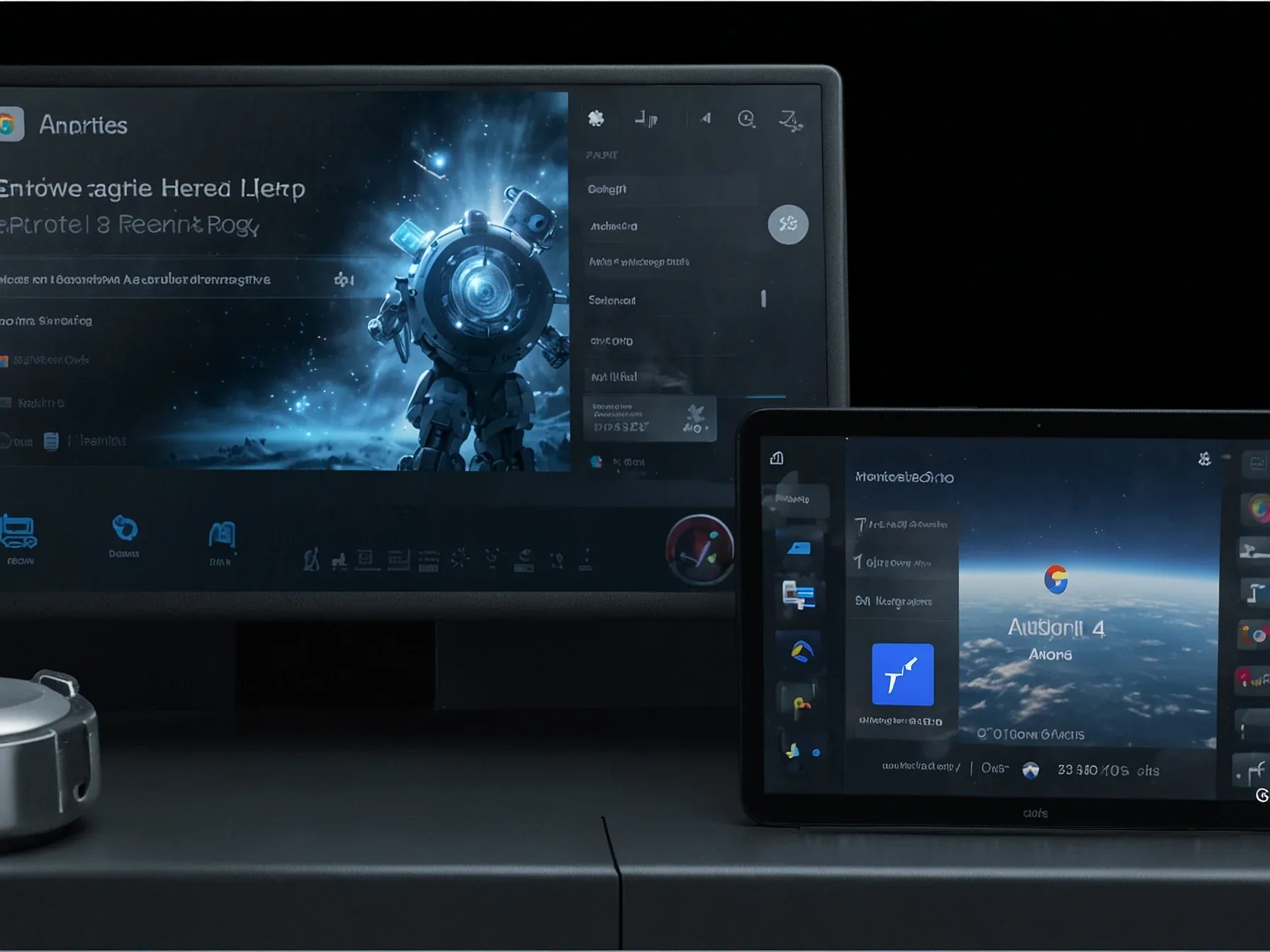
Editorial illustration for AI Pen Promises Instant Test Answers, Falls Short of Cheating Claims
AI Pen Promises Instant Test Answers: Hype vs Reality
Viral AI pen claims one-swipe answers, but fails to help cheat
The promise sounds irresistible: a magical pen that can instantly decode test questions with a single swipe. In an era of AI-powered shortcuts, students and curious tech enthusiasts have been buzzing about these so-called "AI scanner pens" flooding online marketplaces like Amazon.
But how real is the hype? Can a handheld gadget truly transform cheating from complex strategy to effortless technology? The viral marketing makes bold claims, suggesting these pens are academic game-changers that could revolutionize, or undermine, traditional testing.
Intrigued by the audacious advertisements, one tech journalist decided to put these devices to the ultimate test. Would they deliver on their tantalizing promise of instant, accurate answers? Or were these just another overhyped tech gimmick designed to separate hopeful consumers from their cash?
The results were about to get interesting. Very interesting.
(Answer: George Washington, according to the #ai #pen #gadget.) That is how the ads make it look: One swipe of the gadget across a question on a printed test results in an answer to said question. So, I tried out one of the 90 or so devices called some version of "AI scanner pen" on Amazon -- a "Scan Sense Pen, Ai Smart Scanner Pen" for $68.99. It promised me "Instant Ai Answers for Math, History & More" in addition to offline translation of over 60 languages, a camera, Bluetooth connection, and access to music and file storage.
The AI scanner pen reveals more marketing hype than practical magic. Despite slick advertising promising instant test answers, the device seems to fall short of its bold claims.
Priced at $68.99 on Amazon, the gadget joins a crowded market of roughly 90 similar "AI scanner" products. While promising features like offline translation, a camera, and Bluetooth connectivity sound impressive, the core functionality of providing instant test answers appears dubious.
The viral marketing suggests a simple swipe could magically reveal answers - like the George Washington example. But real-world testing suggests the device isn't the cheating shortcut it claims to be.
Buyers should approach with skepticism. The pen might offer some interesting technological features, but its headline promise seems more sizzle than substance. For students hoping for an easy academic shortcut, this device likely won't deliver the miraculous solution advertised.
Still, the proliferation of such gadgets hints at ongoing technological attempts to blur lines between assistance and academic integrity. Educators and institutions will undoubtedly remain vigilant against emerging tech-enabled cheating methods.
Further Reading
- Viral AI 'Cheating Pen' Falls Flat in Real-World Test - The Tech Buzz
- AI is Destroying the University and Learning Itself - Current Affairs
- What counts as cheating with AI? Schools grapple with drawing the line - Los Angeles Times
Common Questions Answered
How accurate are the claims made by AI scanner pens about providing instant test answers?
The AI scanner pen appears to be more marketing hype than a functional cheating tool. Despite promises of instant answers for math, history, and other subjects, the device falls short of its bold claims and does not reliably decode test questions as advertised.
What features does the Scan Sense Ai Smart Scanner Pen claim to offer?
The Scan Sense Ai Smart Scanner Pen claims to provide instant AI answers for various subjects, offline translation in over 60 languages, an integrated camera, and Bluetooth connectivity. However, these features are largely unsubstantiated and seem to be more about attracting potential buyers than delivering actual functionality.
How many AI scanner pens are currently available on Amazon?
According to the article, there are approximately 90 different versions of AI scanner pens available on Amazon's marketplace. These devices are marketed with similar promises of instant technological solutions for academic challenges, but most appear to be more about creating viral marketing buzz than providing genuine technological utility.




